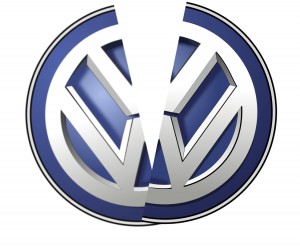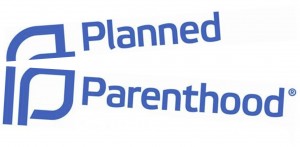Honesty and the Tale of Two Organizations
The most commonly claimed value in business is Integrity.
Based on my research of values across the Fortune 500, other terms commonly referenced in conjunction with integrity include:
- Honesty
- Ethics
- Truth
- Candor
- Reputation
- ‘Do the Right Thing’
All of these values are highly related to each other. But the most important one required to build and keep trust is honesty. Without honesty there is no trust. And without trust, it’s only a matter of time before everything falls apart.
Lately, the media has been reporting some serious charges of dishonesty, deception, and/or manipulation of truth – namely Volkswagen and Planned Parenthood. The charges to both organizations are quite serious, putting their futures in jeopardy.
But it appears each is choosing to respond in different ways.
Volkswagen
 The world’s biggest auto manufacturer has admitted to cheating emissions tests in the U.S. A select number of VW models (with diesel engines) have devices that could detect when they were being tested, changing the performance in order to improve results.
The world’s biggest auto manufacturer has admitted to cheating emissions tests in the U.S. A select number of VW models (with diesel engines) have devices that could detect when they were being tested, changing the performance in order to improve results.
In countries around the world, politicians, regulators and environmental groups are now questioning the legitimacy of VW’s emissions testing.
And that’s just the beginning.
Appropriately, the CEO of Volkswagen, Martin Winterkorn, stated that the company has “broken the trust of our customers and the public” – and then resigned. It is expected that many more executives will also be departing as the fiasco unfolds.
Note that no one at VW denied any wrongdoing. Once the charge of cheating had been laid, the leadership acknowledged it and began to outline a strategy to address the effected vehicles. Should we expect serious fall out from this dishonest act that will impact customers, employees, investors, suppliers and many others? Most likely.
But while the future of VW looks uncertain, we can hope that the company – and the brand – will survive, because they did acknowledge the truth.
Planned Parenthood
 In July of this year, an undercover video was released showing how Planned Parenthood was selling fetal organs for profit (a felony), while violating medical ethics by altering normal abortion procedures in order to preserve the organs. The first video was followed by additional videos, sparking considerable controversy, ultimately leading to a congressional hearing.
In July of this year, an undercover video was released showing how Planned Parenthood was selling fetal organs for profit (a felony), while violating medical ethics by altering normal abortion procedures in order to preserve the organs. The first video was followed by additional videos, sparking considerable controversy, ultimately leading to a congressional hearing.
Even though the president of Planned Parenthood, Cecile Richards, apologized for the lack of compassion portrayed by the executive caught on video, she has repeatedly denied any wrongdoing.
However, during the congressional hearing, where heated debate and discussion occurred between committee members and Cecile Richards, it became very evident that the not-for-profit has not been truthful with the facts it publishes. The manipulation of truth includes the claim that the organization provides mammograms (Richards acknowledged it does not) and the claim the organization derives less than 3% of revenue from abortions (Richards confirms it’s at least 12% which puts the government funding into question due to a law that the government can’t directly fund abortions).
While debate continues over the authenticity of the videos, and whether or not Planned Parenthood profited from selling fetal organs, the truth is clear – the leadership of Planned Parenthood has not been completely honest with the government, with the public, or with women.
In spite of the fact that support for Planned Parenthood is a highly political issue, the future doesn’t look bright for the not-for-profit organization. In the absence of real truth – the whole truth – trust is only further eroded, which ultimately means “the end.”
No matter the circumstance, the old saying remains true: “Honesty is the best policy.”
It’s the only policy to preserve a lasting business and brand.
How did the leadership of Enron (2001) and WorldCom (2002) respond when they were accused of wrongdoing? Where are they today?








